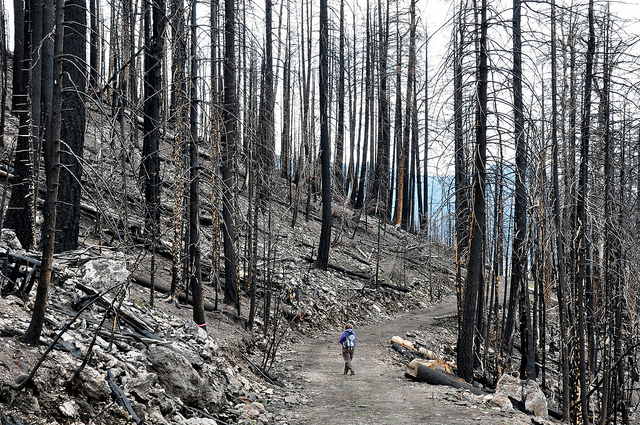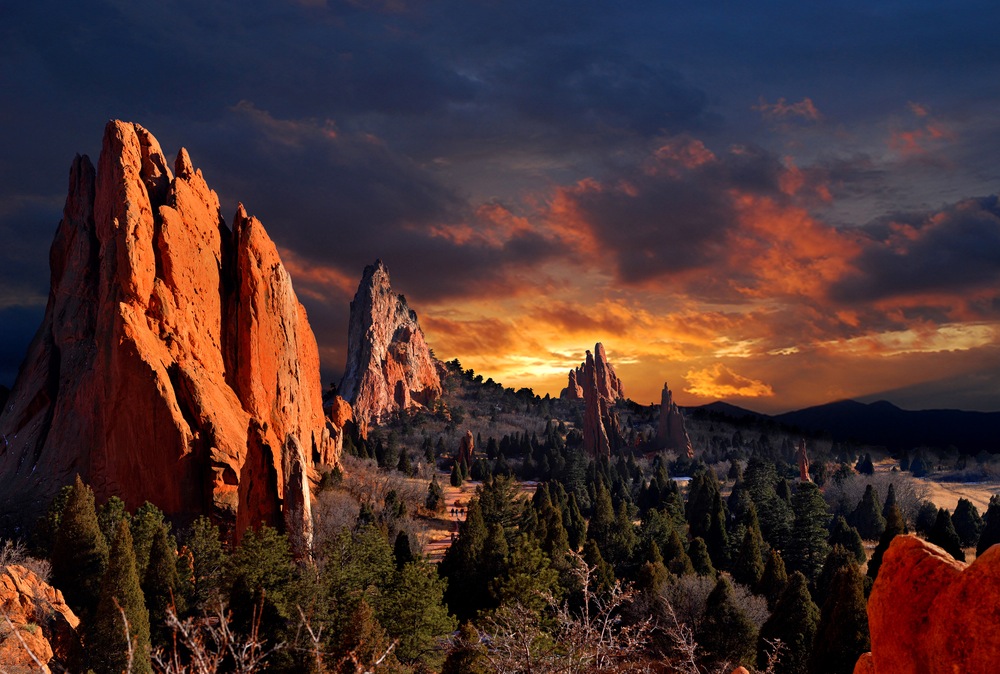
ShutterstockFrackers and drillers are sullying Colorado’s air.
The oil and gas industry isn’t just polluting the water in Colorado. It’s also fouling the air.
The 50,000 oil and gas wells in the state are collectively pumping hundreds of tons of pollution into the air every day, making the drilling industry the state’s largest source of airborne volatile organic compounds and third-largest source of nitrogen oxides. That’s according to a report in The Denver Post:
Colorado health officials are mobilizing to deal with air pollution from oil and gas industry sources that emit at least 600 tons of contaminants a day. …
But as the Colorado Department of Public Health and Environment emphasizes balance as it edges toward possible new rules to reduce pollution, Front Range residents increasingly are riled by a lack of scientific certainty about whether emissions harm their health.
Anti-drilling groups are making health fears the focus of campaigns against drilling near communities. …
A nine-member panel of air quality control commissioners appointed by Gov. John Hickenlooper would vote on any proposed air pollution rules. …
Industry officials from Encana Corp. are already reviewing and commenting on proposed CDPHE rules, “giving input on what kinds of reductions are possible, given current technologies,” spokeswoman Bridget Ford said.
The Fort Collins Coloradoan reports that three-quarters of recent air pollution enforcement cases in the state were related to the oil and gas sector:
Of the 98 air pollution enforcement cases the Colorado Air Pollution Control Division, or APCD, handled in January, February and March, 73 involved oil and natural gas production, exploration or transmission companies, a Coloradoan analysis of the quarterly air quality enforcement summary report shows.
Most of the state’s enforcement actions against oil and gas companies involved emissions and reporting violations.
Of the 12 penalties the state assessed against air quality regulations violators, nine were levied against oil and gas companies.
The fact that only nine of the 73 oil industry violations have so far resulted in fines might offer a clue as to why frackers and drillers continue to flagrantly pollute the air — and it reminds us that new rules will only help if they are enforced.



